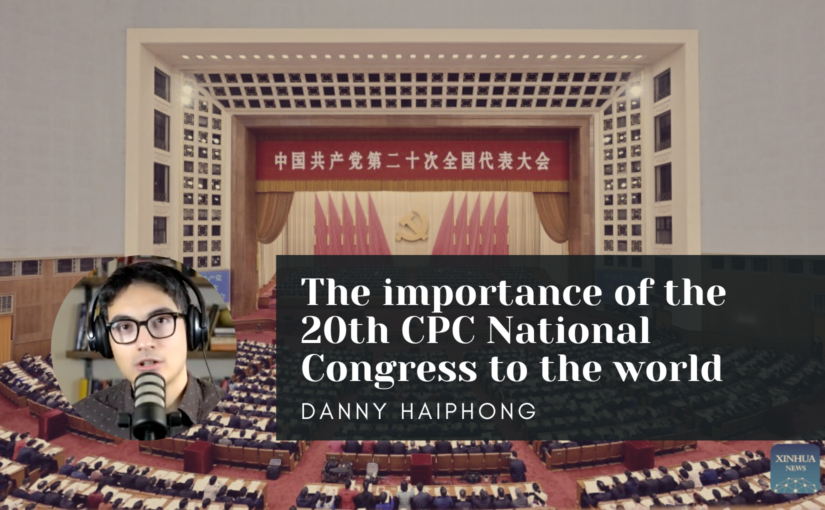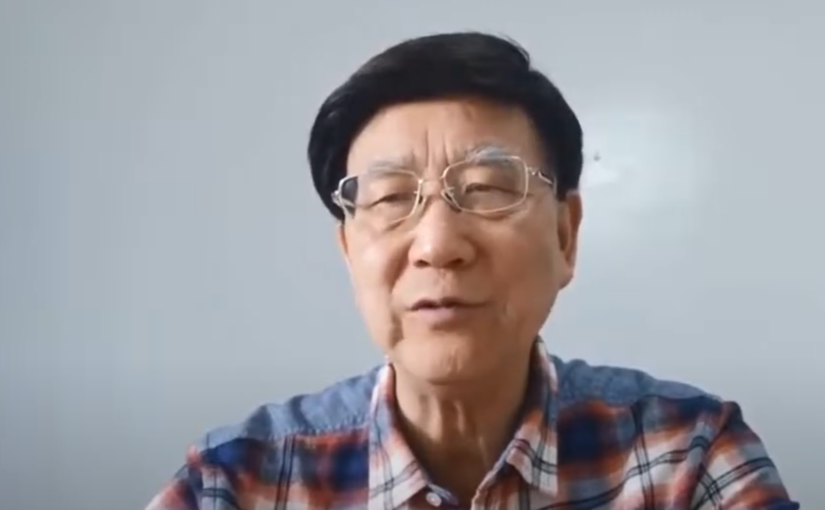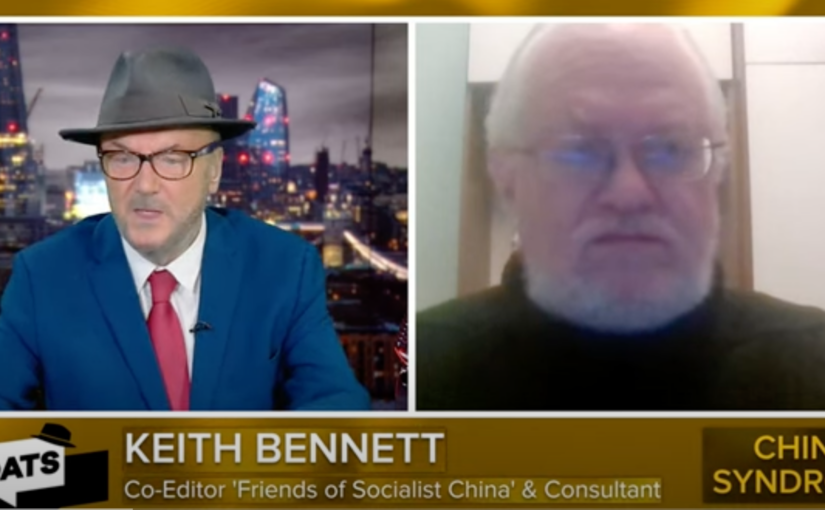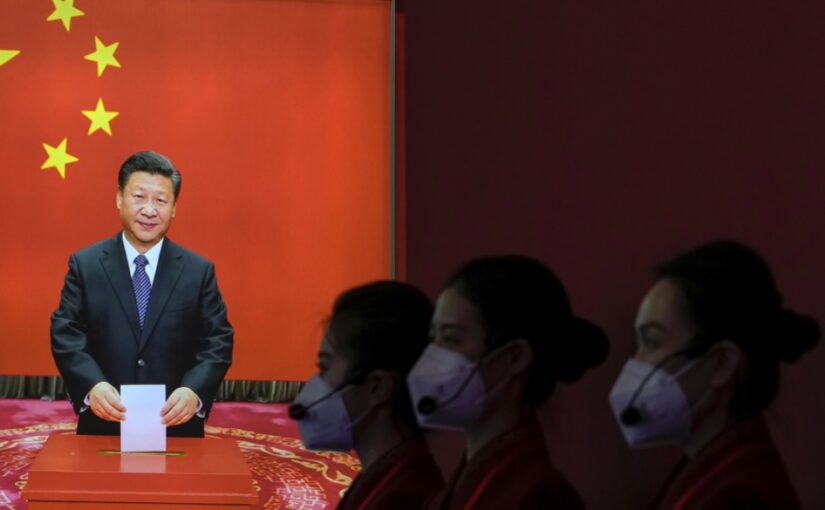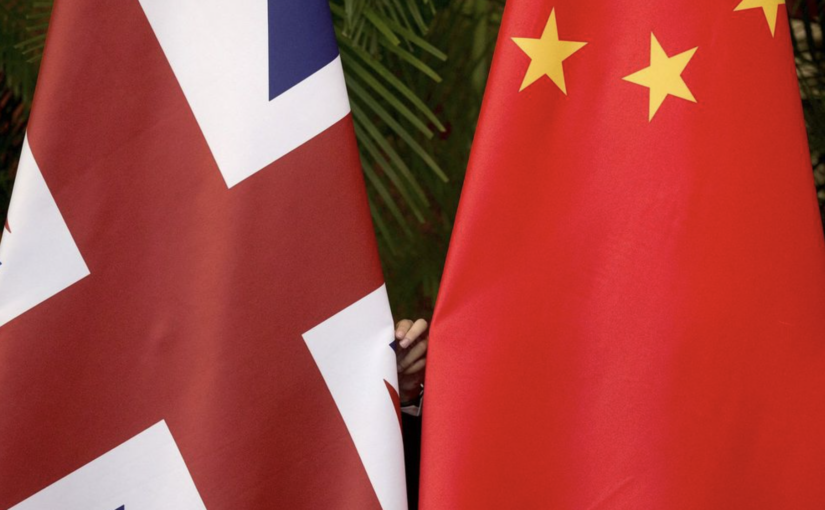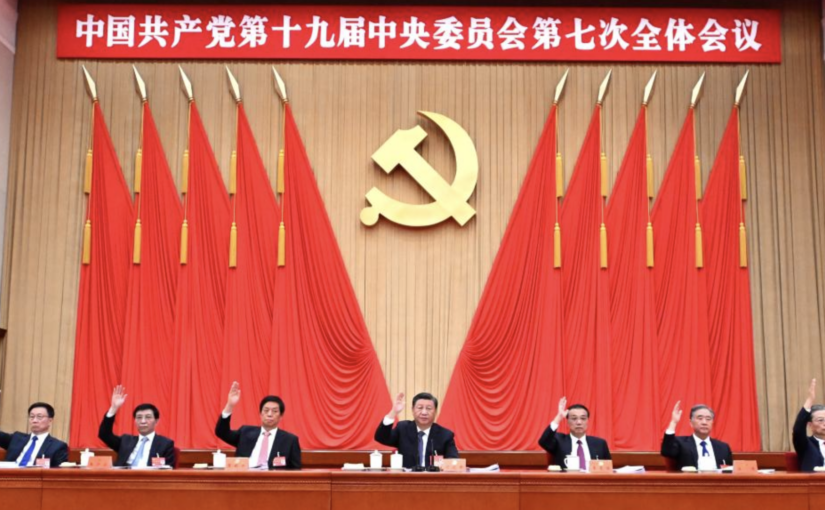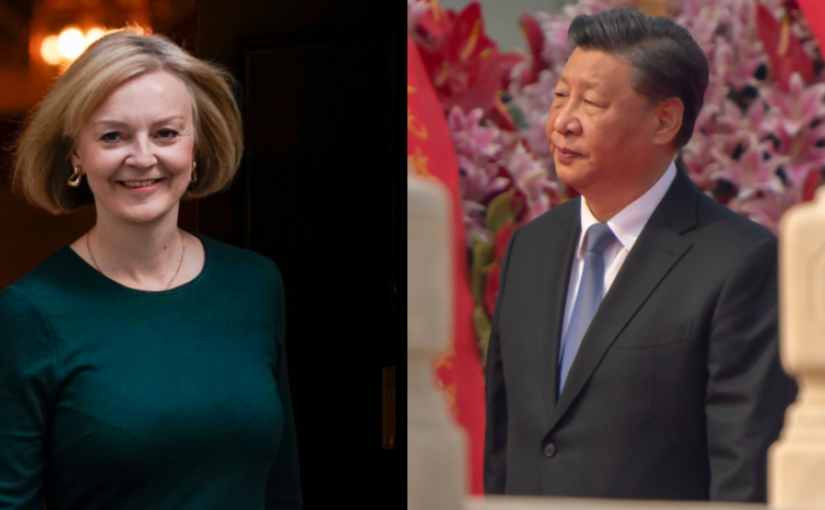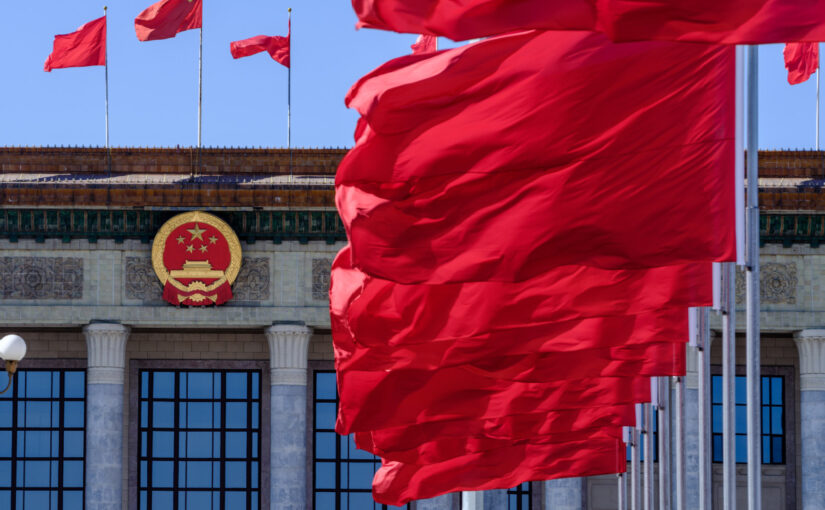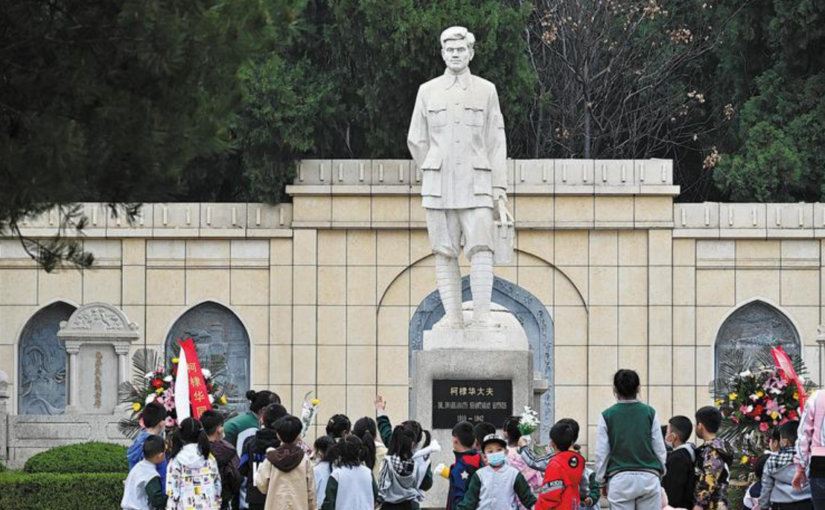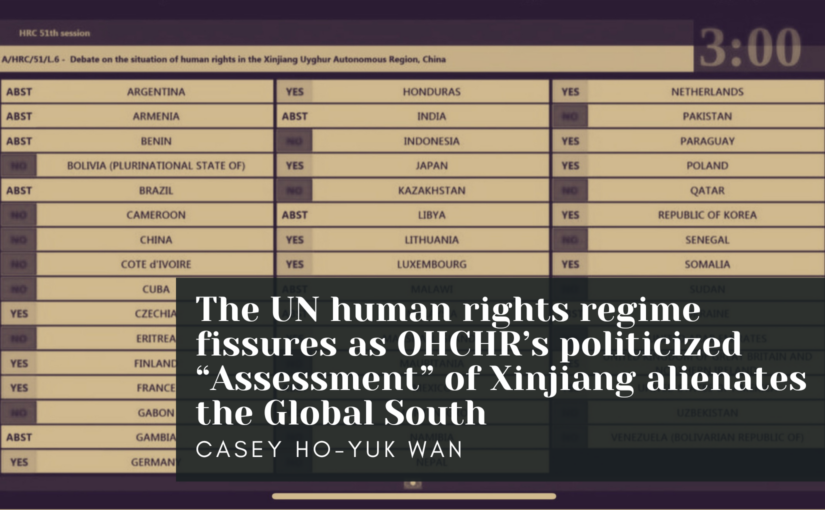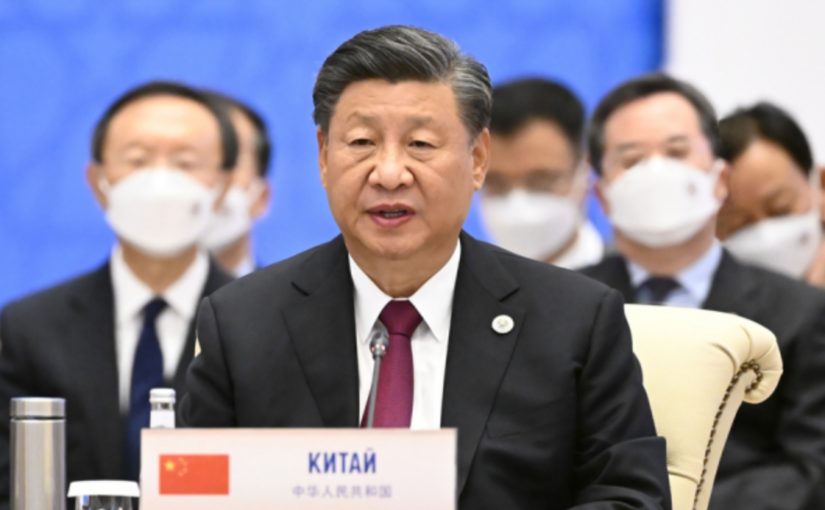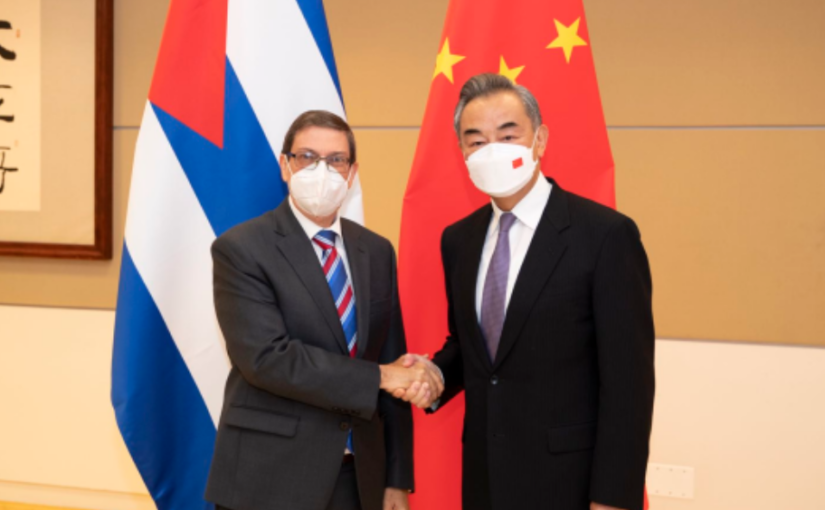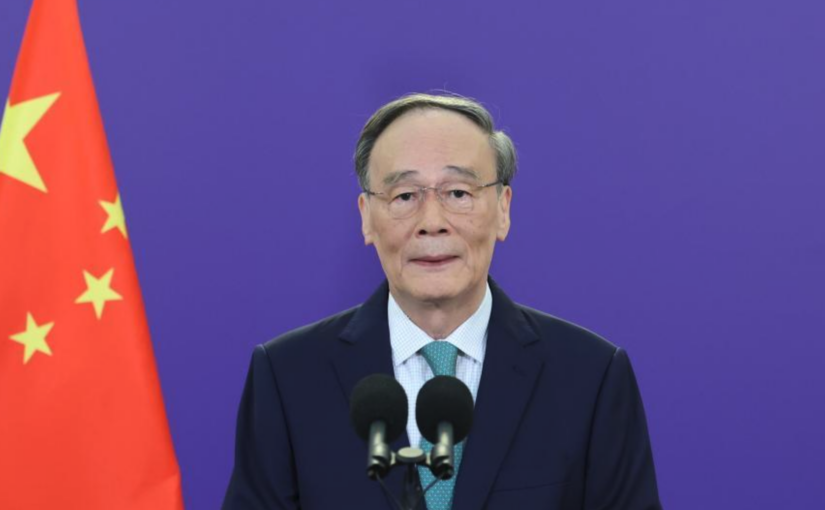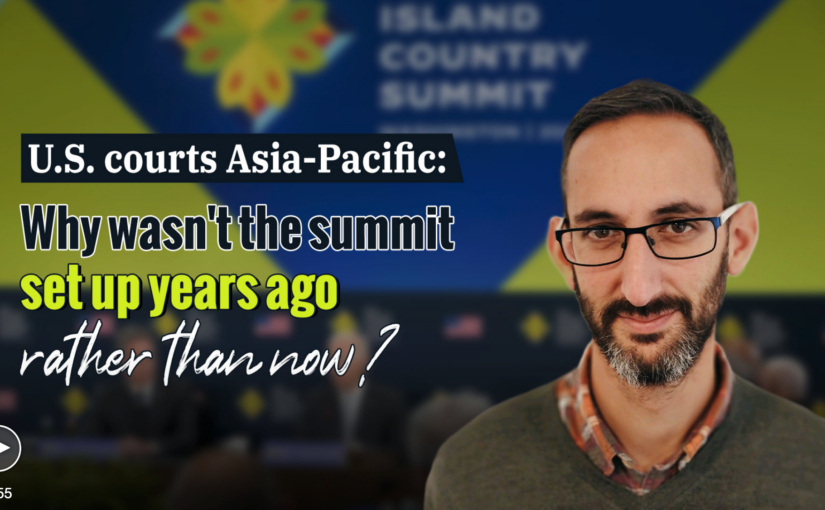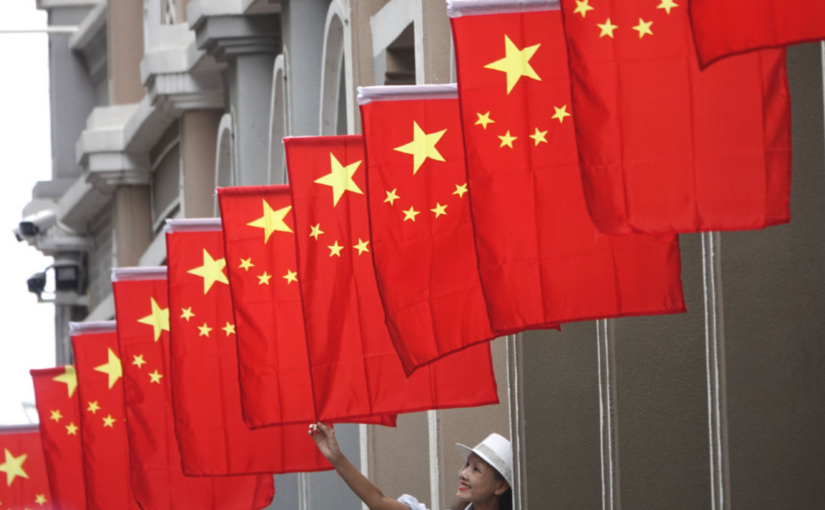The following article, reprinted from MR (Monthly Review) Online – and also published by the Poyang Lake Journal in China – is an extensive interview by three Chinese scholars with Professor John Bellamy Foster on the specificity of the ecological civilization project to China. Bellamy Foster is a significant and original Marxist theoretician and edits the long-established independent socialist journal Monthly Review. Much of his work in recent years has been devoted to exploring the synergy between ecology and Marxism.
The interviewers note that he opposes and refutes the severing of connections between Chinese ecological tradition and Marxism, in a way that would place the latter in opposition to Chinese traditional culture. Bellamy Foster contends that synergizing the various factors involved is a daunting task, “but I would immediately dispel the notion that… [it is] insurmountable by pointing to one of the foremost Marxist thinkers of the twentieth century: Joseph Needham.”
Bellamy Foster’s citing of Needham in this context is significant. The main compiler of the monumental, multi-volume series, Science and Civilization in China, in its obituary, the Independent newspaper described him as “possibly the greatest scholar since Erasmus.” Yet his contributions to Marxism remain largely overlooked by the left. According to Bellamy Foster, “For Needham, it was the dialectical vision of Karl Marx that was most crucial in creating a renewed ecological vision in the present day. But it was also necessary to draw on… traditional Chinese thought,” including Daoism, a method that Bellamy Foster also employs.
Developing his argument that it is specifically China’s socialist orientation that enables the country to be today’s pioneer in the development of an ecological civilization, Bellamy Foster notes:
“As Needham insisted, there are deep ecological roots in Chinese culture. Nevertheless, it is socialism with Chinese characteristics and ecological Marxism that have put the concept of ecological civilization on the agenda today in China in a way that is entirely absent in the capitalist world system itself… [President] Xi spoke of ‘socialist eco-civilization,’ involving ‘a new model of modernization with humans developing in harmony… [with] nature.’ Here he was acknowledging that there can be no true ‘global endeavor for ecological civilization’ unless it is at the same time a movement toward socialism.”
In contrast, Bellamy Foster notes that: “Although it is true that the notion of a Green New Deal has been raised by progressives in the West, that conception is usually seen as simply a Green Keynesianism or green corporatism… Moreover, while China has made moves to implement its radical conception of ecological civilization, which is built into state planning and regulation, the notion of a Green New Deal has taken concrete form nowhere in the West. It is merely a slogan at this point without any real political backing within the system. It was talked about by progressive forces and then rejected by the powers that be.”
In the course of the interview, Bellamy Foster develops his thinking on the process of urbanization and the evolving rural/urban balance in China, in the course of which he makes the important point that: “One of the extraordinary results of the Chinese Revolution that still persists today, but is not commonly understood in the West, is that despite the breakup of collective farms and the earlier communal structure, the land in China still is collectively owned by the rural population. In this sense, de-collectivization did not extend to full privatization. Agriculture is still to a considerable extent organized by village communities.”
Questioned on his assertion that “ecological communism cannot be truly realized if there is no environmental proletariat, Bellamy Foster takes issue with the historic influence of economism in socialist thought, explaining that: “The concept of the proletariat was economistically reduced to the industrial proletariat or industrial working class and commonly restricted to the urban population. Yet Marx and Engels themselves had a much wider conception of the proletariat, not restricted to, say, the role of factory workers. Nor did they see material conditions simply in narrow economic terms, but rather as encompassing the larger environment of the workers.”
This, he asserts, can be most clearly seen in Engels’ Condition of the Working Class in England, and continues: “Contrary to myth, Marx and Engels were not anti-peasant but wrote a great deal supporting peasant class struggles. Moreover, the great socialist revolutions in Russia, China, and elsewhere, involved proletarian-peasant alliances… The ‘wretched of the earth’ today are struggling over material conditions that are as much environmental as economic, with changing environmental conditions an indirect product of world capital accumulation.”
All in all, this is a very serious and thought-provoking interview that merits careful reading.
Guo Jianren: Professor Foster, thank you for doing this interview. This is my first interview with you and, as far as I know, the first interview you have completed with an ecological Marxism scholar from mainland China. The honor is mine, especially as I have a fairly long acquaintance with your great works. Back in 2004, in my doctoral dissertation, I introduced your works on ecological Marxism in a systematic way to the Chinese Marxist academic readers. In the following decades, we have studied your ecological Marxism closely, and your important contributions have been recognized, examined, and disseminated further. Thank you again for giving this lecture on “Ecological Civilization and Ecological Revolution: An Ecological Marxist Perspective” at the invitation of the Sunshine Valley Cobb Ecological Institute. This interview will mainly follow the key points of your speech.
Your lecture begins with the dialectical connections among ecological civilization, ecological Marxism, and ecological revolution, viewed from both historical and practical perspectives. You demonstrate the importance of ecological socialism or ecological Marxism in the conception of ecological civilization, and point out that in non-socialist countries, people can only talk about ecological civilization in an abstract and empty way. You oppose and refute the cultural theorist Jeremy Lent’s interpretation of the conception of Chinese ecological civilization, which separates the connections between Chinese ecological civilization, socialism, and the Marxist ideological tradition, placing Chinese traditional culture in opposition to Marxism. This makes Lent’s analysis seriously inconsistent with the historical process and practical reality of China’s ecological civilization’s conceptional development. In contrast, your analysis leads to an issue that we are very concerned about. In relation to your ecological-materialism method developed on the basis of historical materialism and dialectical materialism, and in accordance with the theoretical research into ecological Marxism and Chinese ecological civilization, the question arises: How is this connected to ideological and cultural elements other than Marxism, such as achievements in natural science, incorporation of Chinese traditional cultural concepts, or the role of Whiteheadian organic philosophy? This is a critical issue for studies of ecological Marxism in China right now, and one in which there is an urgent need for theoretical breakthroughs. Under the guidance of President Xi Jinping’s thoughts on ecological civilization in China, the practice of eco-civilization is making progress day by day. China’s practice of rapid renewal in this area requires continuous progress in theoretical updating, so that the development of practice and theory are advanced at an accelerating synergetic pace.
Continue reading Why is the great project of Ecological Civilization specific to China?

